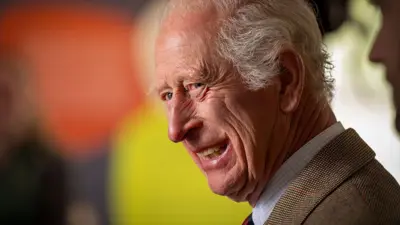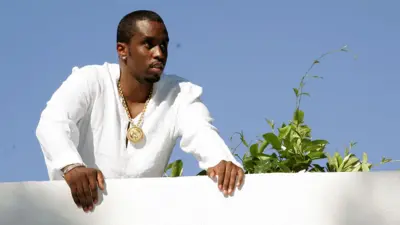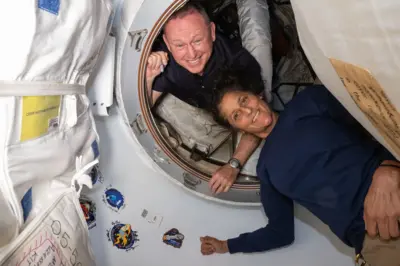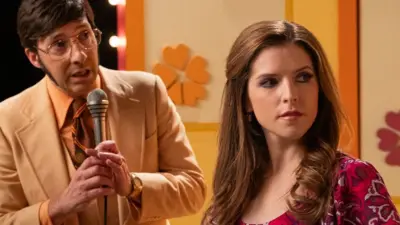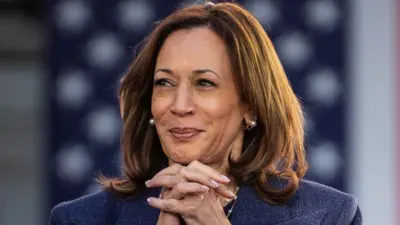We've updated our Privacy and Cookies Policy
We've made some important changes to our Privacy and Cookies Policy and we want you to know what this means for you and your data.
Barnardo's ex-head says race issues threaten adoptions
The reluctance of some councils to arrange adoptions because of a child's race means the UK faces a collapse in adoption rates, the outgoing chief executive of Barnardo's has warned.
Martin Narey told the Guardian this "prejudice" was so entrenched that it would be difficult to reverse.
He said the adoption rate of babies must "quadruple" in the next few years.
Children's Minister Tim Loughton has said it is unacceptable to deny a child a home because of ethnic differences.
Children from ethnic minorities are over-represented among those seeking adoption, but it typically takes three times as long to place them.
Official figures show that 2,300 children were placed for adoption in 2009, compared with 2,500 the previous year, and down from 3,400 in 2005.
In about 20% of cases identified as suitable for adoption, no placement is found.
Mr Narey, who has run Barnardo's for more than five years, said the numbers of toddlers and older children placed with new families needed to increase dramatically.
The charity's outgoing chief executive, who is being replaced by Anne-Marie Carrie, accused local authorities and adoption agencies of showing a disregard for the law through a reluctance to allow white couples to adopt children from different ethnic backgrounds.
"The law is very clear. A child should not stay in care for an undue length of time while waiting for adoptive parents of the same ethnicity.
"But the reality is that black, Asian and mixed race children wait three times longer than white children," he said.
In November, in a letter to local authorities in England, the children's minister said he was "troubled" to hear that sometimes "there may be over sensitivity on the grounds of ethnicity when it comes to the matching of children with prospective adopters".
He wrote: "It is plainly unacceptable for a child to be denied loving adoptive parents solely on the grounds that the child and prospective adopters do not share the same background.
"The primary consideration must surely be whether the family can offer a strong, safe, stable and loving placement that can meet the child's needs."
And, in a speech last year, the minister also said: "We know that a child tends to do better if adopted by a family that shares their ethnic and cultural heritage.
"Although the law and guidance is clear that due consideration needs to be given to language, religion, culture and ethnicity, this isn't translating into practice.
"It is much better that a child is adopted by loving parents than left waiting for their future to be decided."
ΒιΆΉΤΌΕΔ News website readers have been sending us their reaction to this story. Here is a selection of their comments
Having recently completed the adoption of our child I can vouch first hand that the matching process is outdated and too dependant upon social workers' individual prejudice. We are a mixed race couple, white British and Indian British origins. We were consistently informed that the children we were interested in were not suitable due to the wrong 'type' of racial mix. To deny a child a loving and caring family home by virtue of their skin colour is a travesty. Jim, London
As someone who is adopted its very easy for people to say place a child in a loving home but consideration has to be given to that child growing up. In a mixed race adoption it would be obvious to everyone that that child does not 'belong' to that family. Growing up is tough and knowing you're adopted makes it tougher still. Jane, Blackpool
My husband and I waited six years to adopt and a child was never placed with us. We kept coming across babies and young children who were languishing in care waiting to be adopted. But we weren't allowed to even look at them because of their skin colour. The emotional roller-coaster was too much for us and in the end we gave up. Liz, Shropshire
I was adopted in the 1960's through Barnardo's. I am mixed race and was adopted by a white family who already had a daughter and son of their own. I have always felt part of the family. I agree wholeheartedly with the Head of Barnardo's feeling loved and from that the accompanying growth in self esteem is all a child needs. Julia, Gloucester
My husband and I have recently adopted a two year old girl who shares the same ethnic background as us. Whilst seeking our child we saw the same pictures of ethic minority children appear month after month. We knew we could not apply to adopt because we would be rejected on the basis of not sharing their ethnicity. Whilst we thoroughly support matching children as closely as possible we think the priority must be to find them a loving family. Laura, South West
I am a mixed race woman and I was adopted as a child by white parents. I never encountered any problems. I find it appalling that such racial stereotyping and prejudice can take place when the law and EU clearly supports mixed families. Natalie, Grimsby
I have worked with children for many years. The damage done to children by constantly moving them between placements while waiting for the right adoptive parents is barbaric. A child should not be shunted around, often for years, until a family with the right ethnic background is found. Gina Ayling, Wales
The focus should be trying to get people from different ethnic groups to adopt and not trying to put mismatched families together.Theresa Marshall, Hertfordshire
I work in this field and have done so for over 14 years and have personal experience of adoption. To say children are being denied loving homes due to ethnic reasons is inaccurate. Adoption is a life long process and will affect the present and future therefore, adoption can not be measured by Martin Narey's hysterical, ill informed statements lacking in basic analysis. Azra Jabbar, Birmingham
Top Stories
More to explore
Most read
Content is not available
